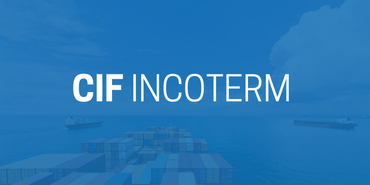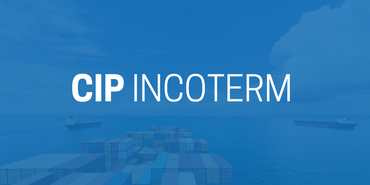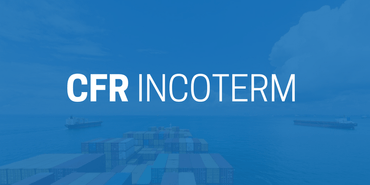
Definition of the DAT (Delivered at Terminal)



![]()
he DAT Incoterm, or "Delivered at Terminal," replaced the older DES (Delivered Ex Ship) and DEQ (Delivered Ex Quay) terms in the Incoterms 2010.
Important: As of Incoterms 2020, the DAT Incoterm has been replaced by DPU (Delivered at Place Unloaded). While DAT may still appear in older contracts, the official current term is DPU, which retains the same concept but offers greater flexibility regarding the place of delivery.
The DAT Incoterm states that the seller must deliver the goods at a terminal, such as a seaport terminal for maritime transport, or an air or land terminal for air or road freight.
In other words, DAT can be used for all modes of transport.
Under DAT terms, the seller is responsible for all costs and risks up to the point the goods are unloaded at the terminal. After this, the buyer is responsible for customs clearance and for paying duties, taxes, and any other charges related to that stage.
So, DAT requires that the seller place the goods—already unloaded from the vessel but not yet cleared through customs—at the destination terminal, port, or airport.
If the seller agrees to take responsibility and costs all the way to the final delivery location, it is advisable to use DAP or DDP instead of DAT.
Seller’s Obligations under DAT
- Delivery of goods and necessary documents
- Packing and packaging
- Inland transport in the country of origin
- Export customs clearance
- Origin charges
- International ocean freight
- Destination charges
- Inland transport in the destination country to the specified terminal or port (e.g., land or rail terminal)
- Unloading of goods at the destination terminal
##*Buyer’s Obligations under DAT
- Payment for the goods
- Payment of customs clearance at destination (depending on arrival point)
- Payment of taxes and duties
- Final transport from the terminal or port to the ultimate destination
Insurance under DAT
Unlike CIP or CIF, DAT does not require either party to purchase insurance.
However, whether you're the buyer or the seller, it is strongly recommended to purchase insurance that covers your liabilities. Be sure that insurance terms and conditions are clearly included in the international sales contract.
Differences Between DAT and DAP
DAT and DAP are often confused due to their similarities. However, the main difference lies in the place of delivery:
- Under DAT (now DPU), delivery occurs at a terminal, such as a dock, warehouse, container depot, or rail/air/land terminal—depending on the transport method.
- Under DAP, delivery can occur at any location in the destination country, even if it’s not within a terminal.
That means:
- If you’re importing under DAT terms, the seller is responsible for unloading at the terminal.
- If you’re importing under DAP terms, unloading is not included and must be handled by the buyer at the agreed point.
Sources and References
- ICC – International Chamber of Commerce: Incoterms 2020 Rules
Official page detailing the changes introduced in the Incoterms 2020, including the replacement of DAT with DPU. - ICEX Spain Export and Investment: Incoterms 2020 – What Changed
Detailed analysis of the changes compared to the 2010 version, including the removal of the DAT term and introduction of DPU. - ICC Academy: DPU vs DAT – What's the Difference?
Explanatory article by ICC Academy on why the DAT Incoterm was replaced with DPU in the 2020 version. - International Trade Administration (ITA, U.S.): Know Your Incoterms
Basic guide to the most commonly used Incoterms in international trade, including notes on the 2020 updates.
Related Articles


